100 Notable alumni of
Friedrich Schiller University of Jena
Updated:
The Friedrich Schiller University of Jena is 193rd in the world, 68th in Europe, and 11th in Germany by aggregated alumni prominence. Below is the list of 100 notable alumni from the Friedrich Schiller University of Jena sorted by their wiki pages popularity. The directory includes famous graduates and former students along with research and academic staff.
-
Karl Marx

- Occupations
- poetphilosopherjournalistrevolutionaryauthor
- Biography
-
Karl Marx was a German-born philosopher, political theorist, political economist, historian, sociologist, journalist, and revolutionary socialist. His best-known works are the 1848 pamphlet The Communist Manifesto (with Friedrich Engels) and his three-volume Das Kapital (1867–1894); the latter employs his critical approach of historical materialism in an analysis of capitalism, in the culmination of his intellectual endeavours. Marx's ideas and their subsequent development, collectively known as Marxism, have had enormous influence on modern intellectual, economic and political history.
-
Georg Wilhelm Friedrich Hegel

- Occupations
- philosopherphilosopher of lawwriterphilosophy historianuniversity teacher
- Biography
-
Georg Wilhelm Friedrich Hegel was a German philosopher and one of the most influential figures of German idealism and 19th-century philosophy. His influence extends across the entire range of contemporary philosophical topics, from metaphysical issues in epistemology and ontology, to political philosophy, the philosophy of history, philosophy of art, philosophy of religion, and the history of philosophy.
-
Gottfried Wilhelm Leibniz
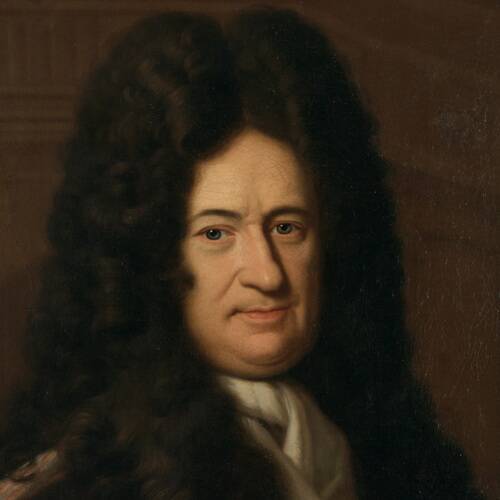
- Enrolled in the Friedrich Schiller University of Jena
- Studied in 1663-1663
- Occupations
- translatorzoologistarchivistphysicisthistorian
- Biography
-
Gottfried Wilhelm Leibniz was a German polymath active as a mathematician, philosopher, scientist and diplomat who is credited, alongside Sir Isaac Newton, with the creation of calculus in addition to many other branches of mathematics, such as binary arithmetic and statistics. Leibniz has been called the "last universal genius" due to his vast expertise across fields, which became a rarity after his lifetime with the coming of the Industrial Revolution and the spread of specialized labor. He is a prominent figure in both the history of philosophy and the history of mathematics. He wrote works on philosophy, theology, ethics, politics, law, history, philology, games, music, and other studies. Leibniz also made major contributions to physics and technology, and anticipated notions that surfaced much later in probability theory, biology, medicine, geology, psychology, linguistics and computer science.
-
Sahra Wagenknecht
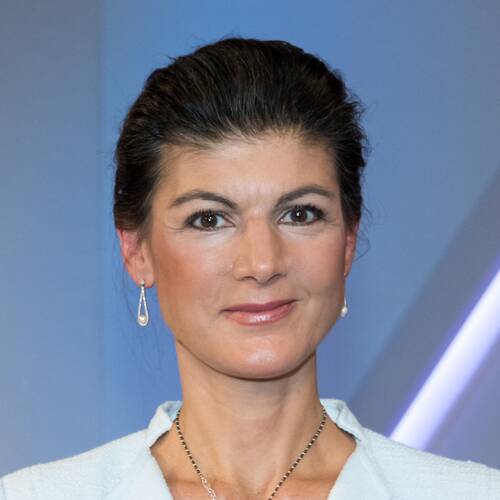
- Occupations
- politicianjournalisteconomistnon-fiction writeropinion journalist
- Biography
-
Sahra Wagenknecht is a German politician, economist, author, and publicist. She has been a member of the Bundestag since 2009, where she represented The Left until 2023. From 2015 to 2019, she served as that party's parliamentary co-chair. With a small team of allies, Wagenknecht left the party on 23 October 2023 to found her own party in 2024, Bündnis Sahra Wagenknecht, to contest elections onwards.
-
Friedrich Schiller

- Occupations
- physicianwriterplaywrightpoetmilitary physician
- Biography
-
Johann Christoph Friedrich von Schiller was a German playwright, poet, philosopher and historian. Schiller is considered by most Germans to be Germany's most important classical playwright.
-
Alexander von Humboldt

- Occupations
- zoologistpoliticiantravel writerexplorereconomist
- Biography
-
Friedrich Wilhelm Heinrich Alexander von Humboldt was a German polymath, geographer, naturalist, explorer, and proponent of Romantic philosophy and science. He was the younger brother of the Prussian minister, philosopher, and linguist Wilhelm von Humboldt (1767–1835). Humboldt's quantitative work on botanical geography laid the foundation for the field of biogeography, while his advocacy of long-term systematic geophysical measurement pioneered modern geomagnetic and meteorological monitoring. Humboldt and Carl Ritter are both regarded as the founders of modern geography as they established it as an independent scientific discipline.
-
Johann Gottlieb Fichte

- Occupations
- writeruniversity teacherphilosopher
- Biography
-
Johann Gottlieb Fichte was a German philosopher who became a founding figure of the philosophical movement known as German idealism, which developed from the theoretical and ethical writings of Immanuel Kant. Recently, philosophers and scholars have begun to appreciate Fichte as an important philosopher in his own right due to his original insights into the nature of self-consciousness or self-awareness. Fichte was also the originator of thesis–antithesis–synthesis, an idea that is often erroneously attributed to Hegel. Like Descartes and Kant before him, Fichte was motivated by the problem of subjectivity and consciousness. Fichte also wrote works of political philosophy; he has a reputation as one of the fathers of German nationalism.
-
Hans Christian Ørsted
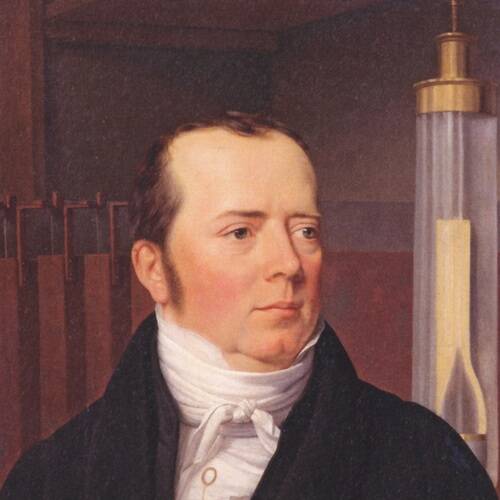
- Occupations
- inventorphysicistchemistuniversity teacherpharmacist
- Biography
-
Hans Christian Ørsted was a Danish chemist and physicist who discovered that electric currents create magnetic fields. This phenomenon is known as Oersted's law. He also discovered aluminium, a chemical element.
-
Novalis

- Enrolled in the Friedrich Schiller University of Jena
- 1790-1794 studied legal science
- Occupations
- engineerpoetwriterliterary theoristphilosopher
- Biography
-
Georg Philipp Friedrich Freiherr von Hardenberg, pen name Novalis, was a German aristocrat and polymath, who was a poet, novelist, philosopher and mystic. He is regarded as an influential figure of Jena Romanticism.
-
Friedrich Fröbel
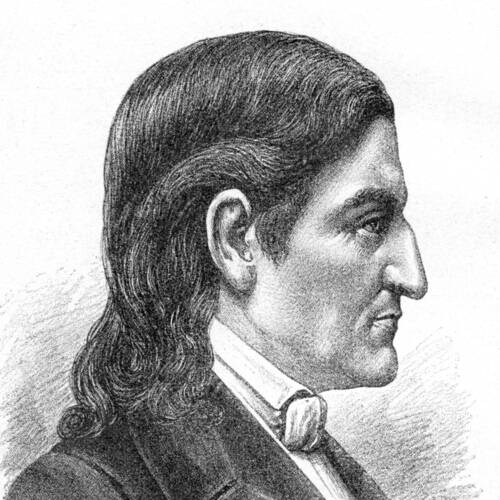
- Occupations
- pedagogueassociation football playerteacherwriternon-fiction writer
- Biography
-
Friedrich Wilhelm August Fröbel or Froebel was a German pedagogue, a student of Johann Heinrich Pestalozzi, who laid the foundation for modern education based on the recognition that children have unique needs and capabilities. He created the concept of the kindergarten and coined the word, which soon entered the English language as well. He also developed the educational toys known as Froebel gifts.
-
Friedrich Hölderlin
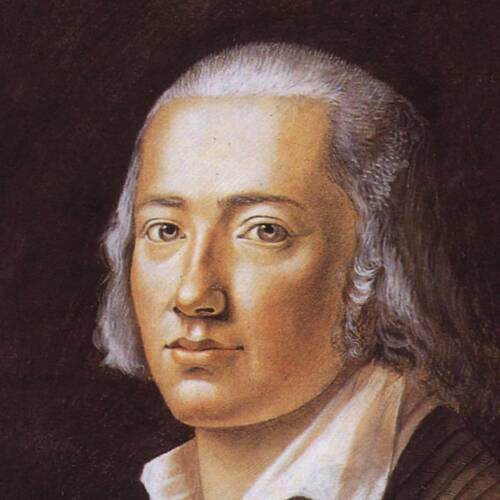
- Occupations
- librarianphilosopherlibrettistHofmeisterwriter
- Biography
-
Johann Christian Friedrich Hölderlin was a German poet and philosopher. Described by Norbert von Hellingrath as "the most German of Germans", Hölderlin was a key figure of German Romanticism. Particularly due to his early association with and philosophical influence on Georg Wilhelm Friedrich Hegel and Friedrich Wilhelm Joseph Schelling, he was also an important thinker in the development of German Idealism.
-
Gottlob Frege
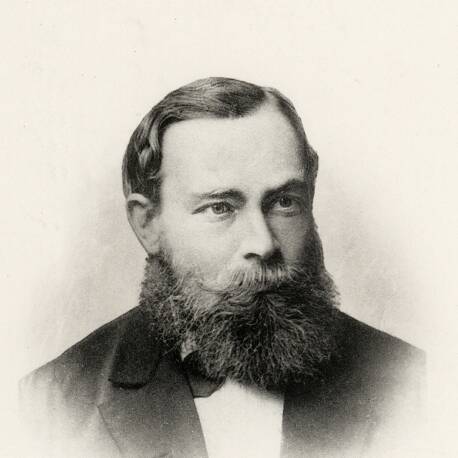
- Enrolled in the Friedrich Schiller University of Jena
- Studied in 1869-1871
- Occupations
- university teacheranalytic philosopherlogicianmathematicianphilosopher of language
- Biography
-
Friedrich Ludwig Gottlob Frege was a German philosopher, logician, and mathematician. He was a mathematics professor at the University of Jena, and is understood by many to be the father of analytic philosophy, concentrating on the philosophy of language, logic, and mathematics. Though he was largely ignored during his lifetime, Giuseppe Peano (1858–1932), Bertrand Russell (1872–1970), and, to some extent, Ludwig Wittgenstein (1889–1951) introduced his work to later generations of philosophers. Frege is widely considered to be the greatest logician since Aristotle, and one of the most profound philosophers of mathematics ever.
-
Kurt Tucholsky
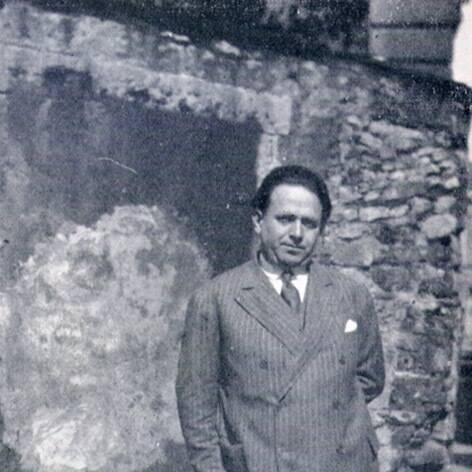
- Occupations
- playwrightsatiristjournalistpoet lawyerwriter
- Biography
-
Kurt Tucholsky was a German journalist, satirist, and writer. He also wrote under the pseudonyms Kaspar Hauser (after the historical figure), Peter Panter, Theobald Tiger and Ignaz Wrobel.
-
Gerhart Hauptmann
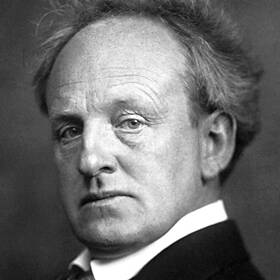
- Occupations
- screenwriterwriterplaywrightautobiographernovelist
- Biography
-
Gerhart Johann Robert Hauptmann was a German dramatist and novelist. He is counted among the most important promoters of literary naturalism, though he integrated other styles into his work as well. He received the Nobel Prize in Literature in 1912.
-
Max Scheler
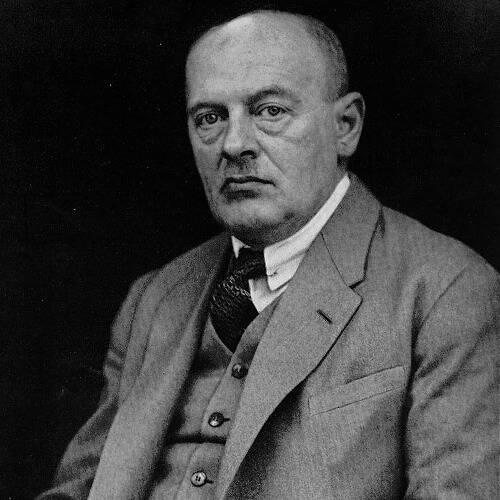
- Occupations
- sociologistuniversity teacherphilosopheraxiologyanthropologist
- Biography
-
Max Ferdinand Scheler was a German philosopher known for his work in phenomenology, ethics, and philosophical anthropology. Considered in his lifetime one of the most prominent German philosophers, Scheler developed the philosophical method of Edmund Husserl, the founder of phenomenology.
-
Johann Joachim Winckelmann
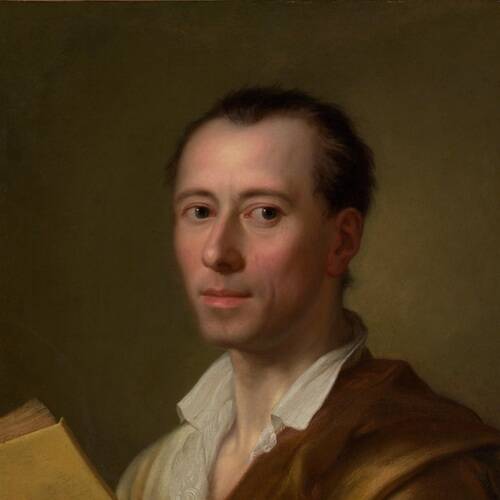
- Enrolled in the Friedrich Schiller University of Jena
- 1741-1742 studied medicine
- Occupations
- historianarchaeologistin-home tutorwriterart historian
- Biography
-
Johann Joachim Winckelmann was a German art historian and archaeologist. He was a pioneering Hellenist who first articulated the differences between Greek, Greco-Roman and Roman art. "The prophet and founding hero of modern archaeology", Winckelmann was one of the founders of scientific archaeology and first applied the categories of style on a large, systematic basis to the history of art. Many consider him the father of the discipline of art history. He was one of the first to separate Greek Art into periods, and time classifications.
-
Gunther von Hagens
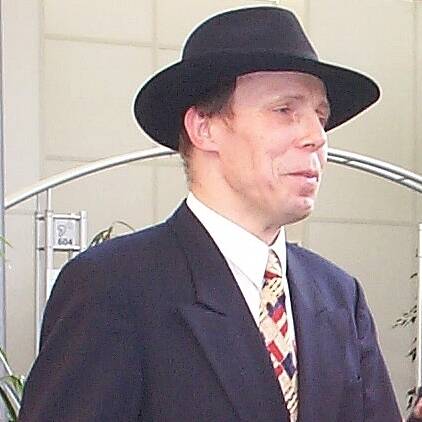
- Occupations
- anatomistinventorsculptoruniversity teacher
- Biography
-
Gunther von Hagens is a German anatomist, businessman and lecturer. He developed the technique for preserving biological tissue specimens called plastination. Von Hagens has organized numerous Body Worlds public exhibitions and occasional live demonstrations of his and his colleagues' work, and has traveled worldwide to promote its educational value. The sourcing of biological specimens for and the commercial background of his exhibits has been controversial.
-
Matthias Jacob Schleiden
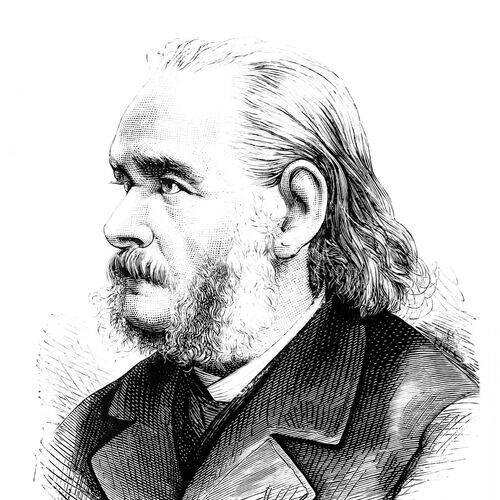
- Occupations
- physiologistbotanistuniversity teacherbiologistphilosopher
- Biography
-
Matthias Jakob Schleiden was a German botanist and co-founder of cell theory, along with Theodor Schwann and Rudolf Virchow. He published some poems and non-scientific work under the pseudonym Ernst.
-
Nicholas Miklouho-Maclay
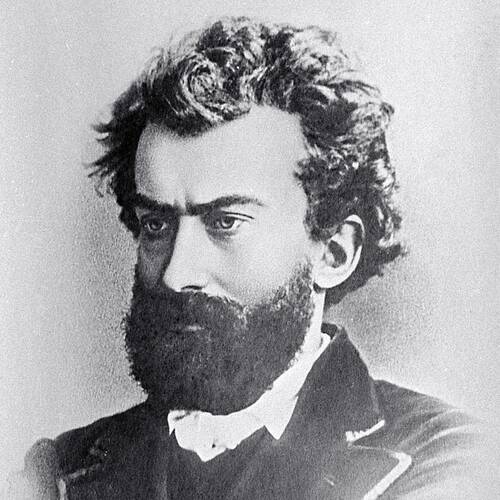
- Enrolled in the Friedrich Schiller University of Jena
- Studied in 1865-1868
- Occupations
- botanistexplorerzoologistmarine biologistbiologist
- Biography
-
Nicholai Nikolaevich Miklouho-Maclay was a Russian explorer of Ukrainian origin. He worked as an ethnologist, anthropologist and biologist who became famous as one of the earliest scientists to settle among and study indigenous people of New Guinea "who had never seen a European".
-
Johann Wolfgang Döbereiner
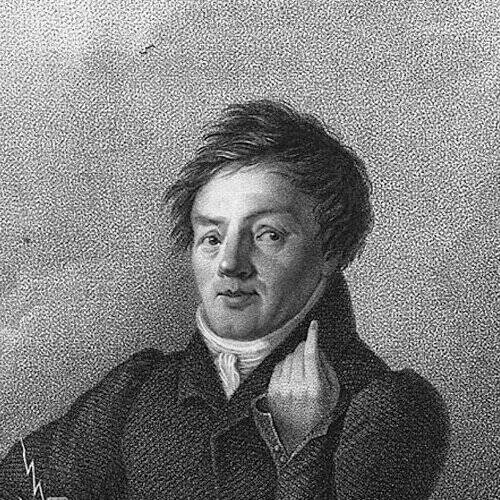
- Occupations
- pharmacistuniversity teacherchemist
- Biography
-
Johann Wolfgang Döbereiner was a German chemist who is known best for work that was suggestive of the periodic law for the chemical elements, and for inventing the first lighter, which was known as the Döbereiner's lamp. He became a professor of chemistry and pharmacy for the University of Jena.
-
Friedlieb Ferdinand Runge
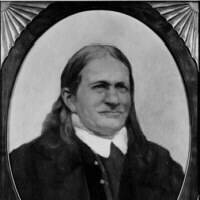
- Occupations
- university teacherchemist
- Biography
-
Friedlieb Ferdinand Runge was a German analytical chemist. Runge identified the mydriatic (pupil dilating) effects of belladonna (deadly nightshade) extract, identified caffeine, and discovered the first coal tar dye (aniline blue).
-
Christian Wolff
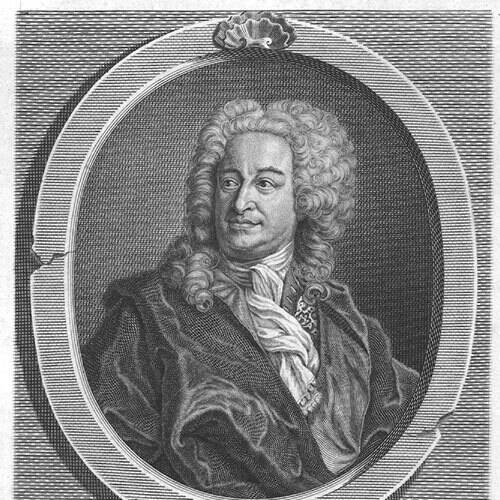
- Enrolled in the Friedrich Schiller University of Jena
- Studied in 1699
- Occupations
- university teachermathematicianjuristphilosopher
- Biography
-
Christian Wolff was a German philosopher. Wolff is characterized as one of the most eminent German philosophers between Leibniz and Kant. His life work spanned almost every scholarly subject of his time, displayed and unfolded according to his demonstrative-deductive, mathematical method, which some deem the peak of Enlightenment rationality in Germany.
-
Carl Zeiss
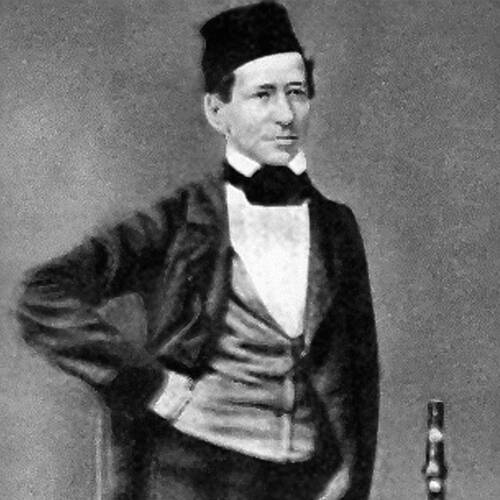
- Occupations
- photographerengineerphysicistentrepreneur
- Biography
-
Carl Zeiss was a German scientific instrument maker, optician and businessman. In 1846 he founded his workshop, which is still in business as Carl Zeiss AG. Zeiss gathered a group of gifted practical and theoretical opticians and glass makers to reshape most aspects of optical instrument production. His collaboration with Ernst Abbe revolutionized optical theory and practical design of microscopes. Their quest to extend these advances brought Otto Schott into the enterprises to revolutionize optical glass manufacture. The firm of Carl Zeiss grew to one of the largest and most respected optical firms in the world.
-
Johann Friedrich Herbart
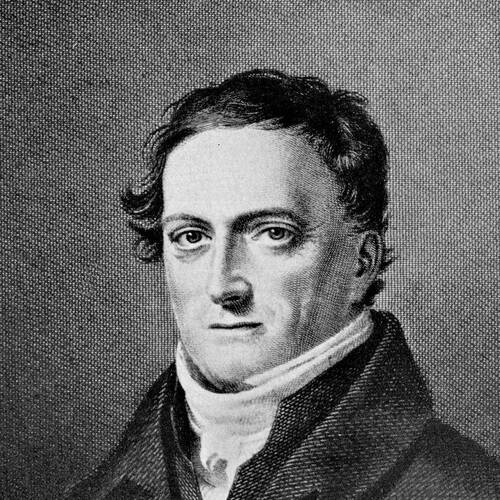
- Occupations
- psychologistuniversity teacherteacherphilosopherpedagogue
- Biography
-
Johann Friedrich Herbart was a German philosopher, psychologist and founder of pedagogy as an academic discipline.
-
Christa Wolf
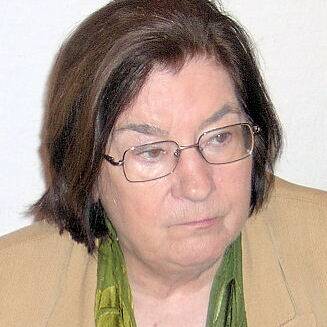
- Occupations
- writerauthorscreenwriterjournalistunofficial collaborator
- Biography
-
Christa Wolf was a German novelist and essayist. She is considered one of the most important writers to emerge from the former East Germany.
-
Gottfried Benn
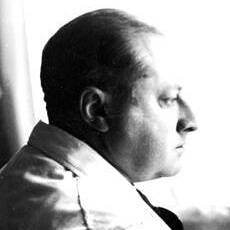
- Occupations
- physician writerphysicianauthorpoetnovelist
- Biography
-
Gottfried Benn was a German poet, essayist, and physician. He was nominated for the Nobel Prize in Literature five times. He was awarded the Georg Büchner Prize in 1951.
-
Axel Oxenstierna
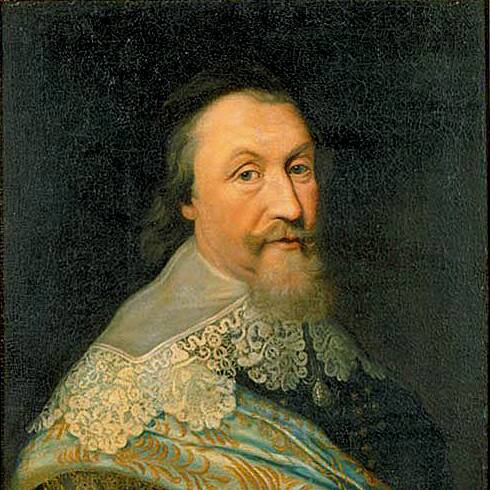
- Occupations
- politicianland ownermilitary personneldiplomat
- Biography
-
Axel Gustafsson Oxenstierna was a Swedish statesman and Count of Södermöre. He became a member of the Swedish Privy Council in 1609 and served as Lord High Chancellor of Sweden from 1612 until his death. He was a confidant of King Gustavus Adolphus and then Queen Christina, for whom he was at first regent.
-
Johann Friedrich Blumenbach
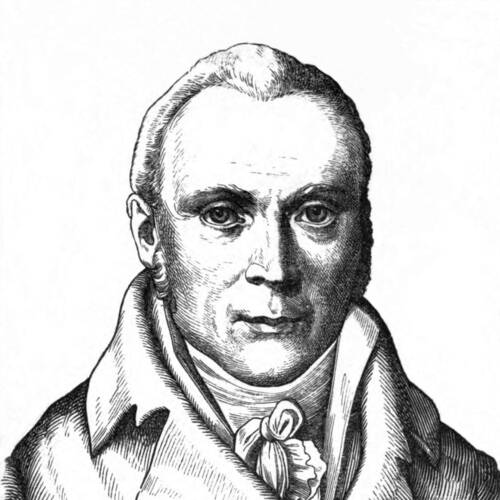
- Occupations
- physiciananatomistpaleontologistzoologistcurator
- Biography
-
Johann Friedrich Blumenbach was a German physician, naturalist, physiologist and anthropologist. He is considered to be a main founder of zoology and anthropology as comparative, scientific disciplines. He has been called the "founder of racial classifications".
-
Friedrich Carl von Savigny
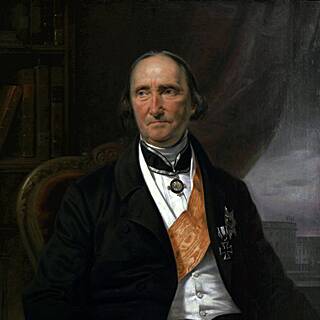
- Occupations
- philosopherpoliticianjuristwriterlegal historian
- Biography
-
Friedrich Carl von Savigny was a German jurist and historian.
-
Jack Barsky

- Occupations
- writersleeper agent
- Biography
-
Jack Philip Barsky is a German-American author, IT specialist and former sleeper agent of the KGB who spied on the United States from 1978 to 1988. Exposed after the Cold War, Barsky became a resource for U.S. counterintelligence agencies and was allowed to remain in the United States. His autobiography, Deep Undercover, was published in 2017, and he frequently speaks on his experiences and as an expert on espionage.
-
Ernst Moritz Arndt
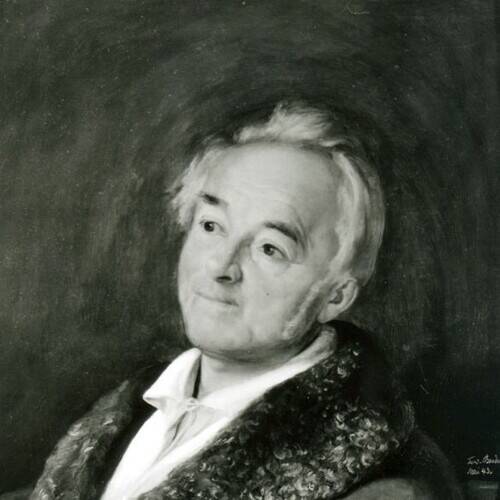
- Occupations
- poetpoliticianuniversity teacherwriterhistorian
- Biography
-
Ernst Moritz Arndt was a German nationalist historian, writer and poet. Early in his life, he fought for the abolition of serfdom, later against Napoleonic dominance over Germany. Arndt had to flee to Sweden for some time due to his anti-French positions. He is one of the main founders of German nationalism during the Napoleonic wars and the 19th century movement for German unification. After the Carlsbad Decrees, the forces of the restoration counted him as a demagogue.
-
Ernst Abbe
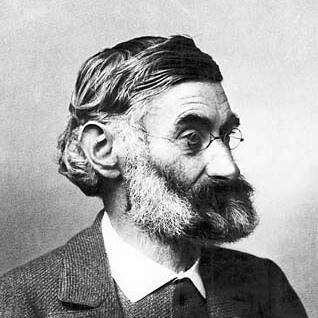
- Occupations
- statisticianlens designerastronomeruniversity teacherphysicist
- Biography
-
Ernst Karl Abbe HonFRMS was a German businessman, optical engineer, physicist, and social reformer. Together with Otto Schott and Carl Zeiss, he developed numerous optical instruments. He was also a co-owner of Carl Zeiss AG, a German manufacturer of scientific microscopes, astronomical telescopes, planetariums, and other advanced optical systems.
-
August von Kotzebue
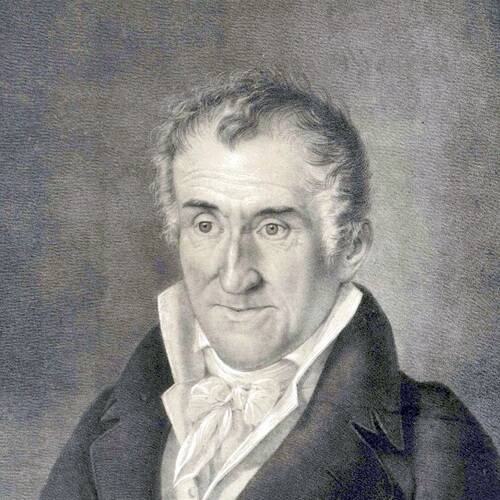
- Occupations
- playwrighthistorianautobiographerpoetlawyer
- Biography
-
August Friedrich Ferdinand von Kotzebue was a German playwright, who had also worked as a Russian diplomat.
-
Friedrich Gottlieb Klopstock
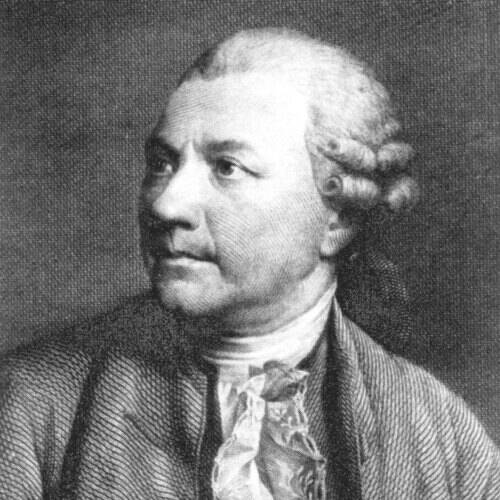
- Enrolled in the Friedrich Schiller University of Jena
- In 1745 studied Protestant theology
- Occupations
- poetin-home tutorwriterplaywrightlinguist
- Biography
-
Friedrich Gottlieb Klopstock was a German poet. His best known works are the epic poem Der Messias ("The Messiah") and the poem Die Auferstehung ("The Resurrection"), with the latter set to text in the finale of Gustav Mahler's Symphony No. 2. One of his major contributions to German literature was to open it up to exploration outside of French models.
-
Thomas Röhler
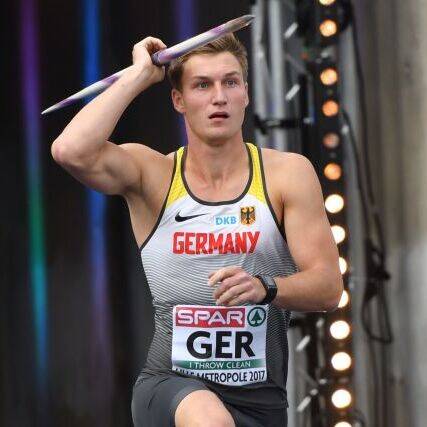
- Occupations
- athletics competitorjavelin thrower
- Biography
-
Thomas Röhler is a German track and field athlete who competes in the javelin throw. He is the 2016 Olympic Champion and 2018 European Champion. His personal best of 93.90 m for the event ranks him third on the overall list.
-
Samuel von Pufendorf
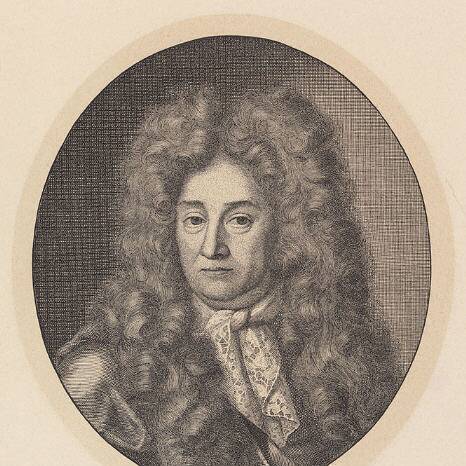
- Occupations
- philosopherhistorianeconomistjuristwriter
- Biography
-
Samuel Freiherr von Pufendorf was a German jurist, political philosopher, economist and historian. He was born Samuel Pufendorf and ennobled in 1694; he was made a baron by Charles XI of Sweden a few months before his death at age 62. Among his achievements are his commentaries and revisions of the natural law theories of Thomas Hobbes and Hugo Grotius.
-
Matthias Claudius
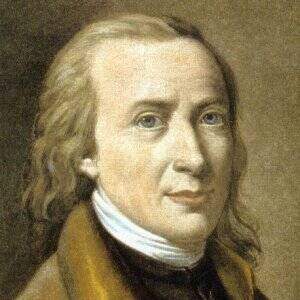
- Enrolled in the Friedrich Schiller University of Jena
- Studied theology
- Occupations
- writerpoetjournalistpoet lawyer
- Biography
-
Matthias Claudius was a German poet and journalist, otherwise known by the pen name of "Asmus".
-
Georg Heym
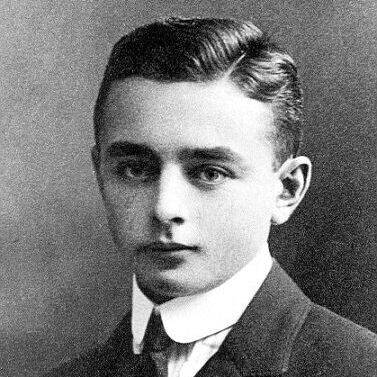
- Enrolled in the Friedrich Schiller University of Jena
- Studied in 1910
- Occupations
- poetpoet lawyernovelistwriterplaywright
- Biography
-
Georg Theodor Franz Artur Heym was a German writer. He is particularly known for his poetry, representative of early Expressionism.
-
Andrey Osterman
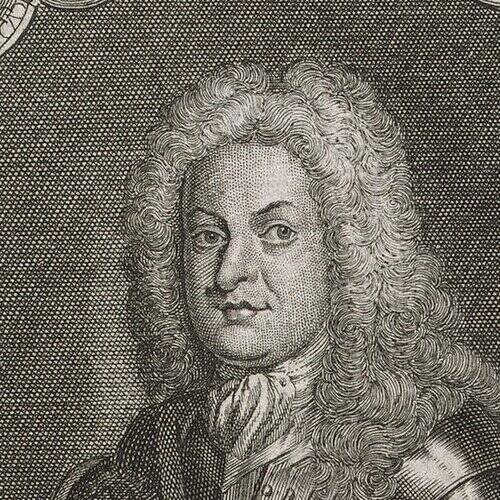
- Occupations
- diplomatpolitician
- Biography
-
Count Andrey Ivanovich Ostermann was a German-born Russian statesman who came to prominence under Tsar Peter I of Russia (r. 1682–1725) and served until the accession of the Tsesarevna Elizabeth in 1741. He based his foreign policy on the Austrian alliance. General Admiral (1740; dismissed 1741).
-
Wiebke Muhsal
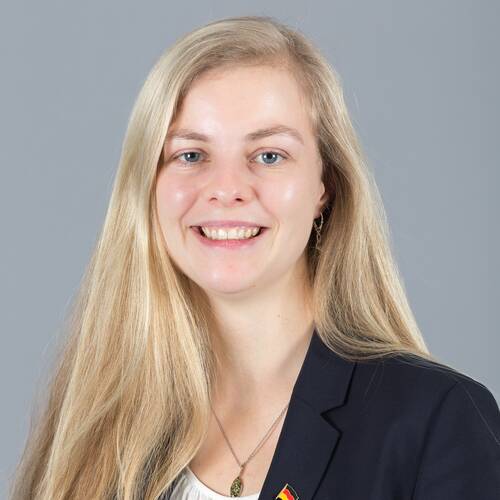
- Occupations
- politician
- Biography
-
Wiebke Muhsal is a German politician with the Alternative für Deutschland (AfD). Since 2014, she is a member of the Landtag of Thuringia and deputy chairman of the AfD caucus. She is also her party's critic on family and education policy and is a member of the Parliamentary Committee on Education, Youth and Sports.
-
Friedrich Hund
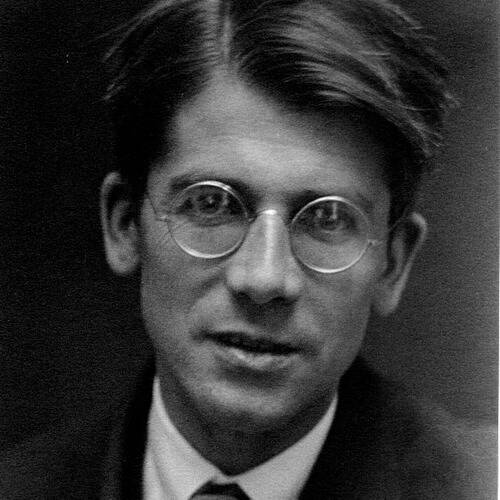
- Occupations
- chemistuniversity teacherphysicistnon-fiction writernuclear physicist
- Biography
-
Friedrich Hermann Hund was a German physicist from Karlsruhe known for his work on atoms and molecules. He is known for the Hund's rules to predict the electron configuration of chemical elements. His work on Hund's cases and molecular orbital theory allowed to understand the structure of molecules.
-
Georg Ernst Stahl
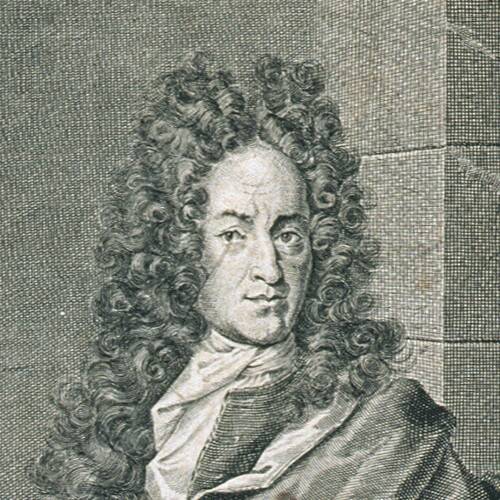
- Occupations
- chemistphysicianuniversity teachersurgeonphilosopher
- Biography
-
Georg Ernst Stahl was a German chemist, physician and philosopher. He was a supporter of vitalism, and until the late 18th century his works on phlogiston were accepted as an explanation for chemical processes.
-
George, Duke of Brunswick-Lüneburg
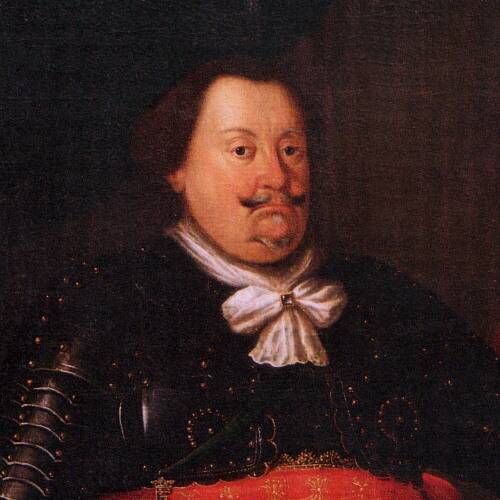
- Occupations
- military personnel
- Biography
-
George, Duke of Brunswick-Lüneburg, ruled as Prince of Calenberg from 1635. He was a member of the House of Welf, a prominent German noble family. George was part of a cadet branch of the family known as the Dukes of Brunswick-Lüneburg, which held territories in what is now Lower Saxony in Germany.
-
Ján Kollár
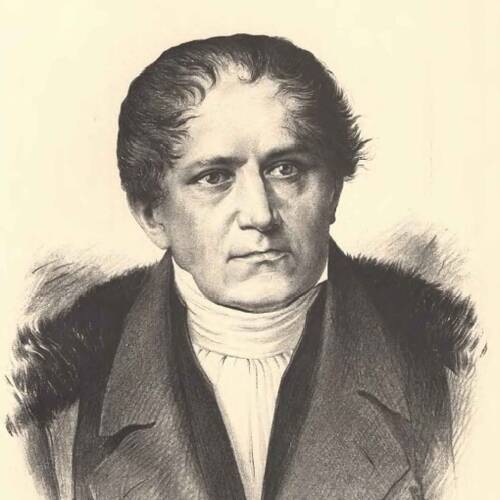
- Occupations
- writerpoliticianarchaeologistfolk song collectorpreacher
- Biography
-
Ján Kollár was a Slovak writer (mainly poet), archaeologist, scientist, Lutheran pastor, politician, and main ideologist of Pan-Slavism.
-
Roland Matthes
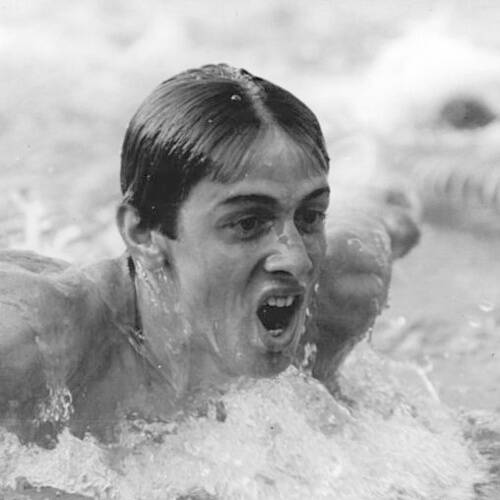
- Occupations
- swimmersurgeon
- Biography
-
Roland Matthes was a German swimmer and the most successful backstroke swimmer of all time. Between April 1967 and August 1974 he won all backstroke competitions he entered. He won four European championships and three world championships in a row, and swam 19 world and 28 European records in various backstroke, butterfly and medley events. He was trained by Marlies Grohe.
-
Hans Berger
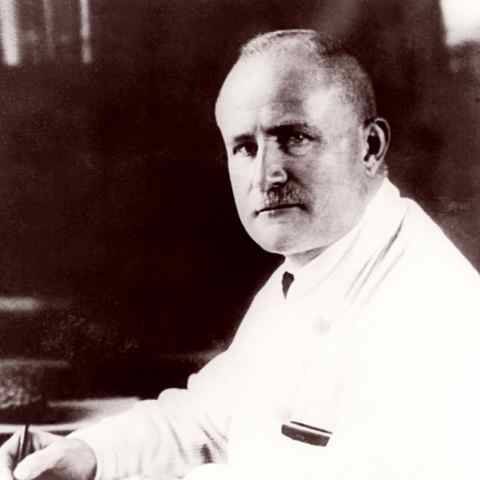
- Occupations
- physicianneuroscientistpsychiatristacademicpsychologist
- Biography
-
Hans Berger was a German psychiatrist. He is best known as the inventor of electroencephalography (EEG) in 1924, which is a method used for recording the electrical activity of the brain, commonly described in terms of brainwaves, and as the discoverer of the alpha wave rhythm which is a type of brainwave. Alpha waves have been eponymously referred to as the "Berger wave."
-
Manfred Stolpe
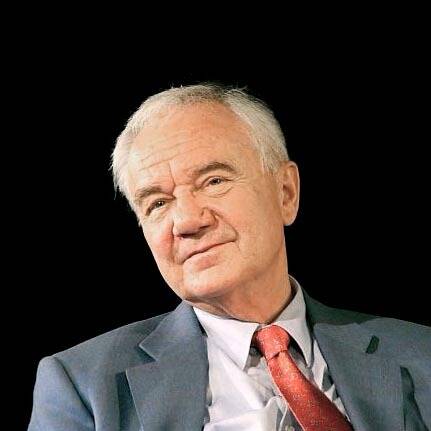
- Enrolled in the Friedrich Schiller University of Jena
- 1955-1959 graduated with Staatsexamen in legal science
- Occupations
- politician
- Biography
-
Manfred Stolpe was a German canonist, theologian and politician who served as Federal Minister of Transport, Building and Urban Affairs of Germany from 2002 until 2005. Before, he was Ministerpräsident of the state Brandenburg from 1990 until 2002. Stolpe was, after the state elections following German reunification, the only Social Democratic Minister-President of a state of former East Germany. Stolpe is considered to be the architect of modern Brandenburg and left office with a 74% approval rating. He is credited with forging a new identity for the state, among other things, popularizing the Brandenburglied, though controversy surrounding several failed projects and his work for the Stasi came up during his tenure. To date, Brandenburg has only had Social Democratic Minister-Presidents.
-
Friedrich Joseph Haass
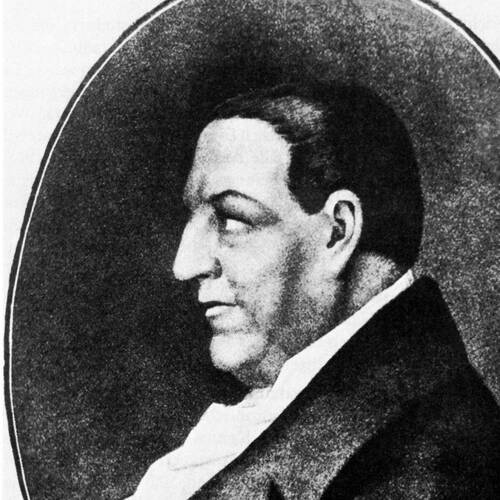
- Occupations
- physician
- Biography
-
Dr. Friedrich Joseph Haass was the "holy doctor of Moscow". Born in Bad Münstereifel, as a member of Moscow's governmental prison committee, he spent 25 years until the end of his life to humanize the penal system. During the last nine years before his death, he spent all of his assets to run a hospital for homeless people. He died in Moscow. Twenty thousand people attended his funeral at the Vvedenskoye Cemetery, which was paid for by the state as he had no more money.
-
Arvid Harnack
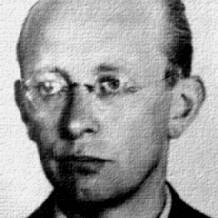
- Occupations
- resistance fightereconomistjurist
- Biography
-
Arvid Harnack was a German jurist, Marxist economist, Communist, and German resistance fighter in Nazi Germany. Harnack came from an intellectual family and was originally a humanist. He was strongly influenced by Johann Wolfgang von Goethe but progressively moved to a Marxist-Socialist outlook after a visit to the Soviet Union and the Nazis' appearance. After starting an undercover discussion group based at the Berlin Abendgymnasium, he met Harro Schulze-Boysen, who ran a similar faction. Like numerous groups in other parts of the world, the undercover political factions led by Harnack and Schulze-Boysen later developed into an espionage network that supplied military and economic intelligence to the Soviet Union. The group was later called the Red Orchestra (Rote Kapelle) by the Abwehr. He and his American-born wife, Mildred Fish, were executed by the Nazi regime in 1942 and 1943, respectively.
-
Hans Adolf Eduard Driesch
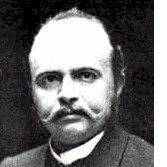
- Occupations
- university teacherzoologistbiologistphilosopher
- Biography
-
Hans Adolf Eduard Driesch was a German biologist and philosopher from Bad Kreuznach. He is most noted for his early experimental work in embryology and for his neo-vitalist philosophy of entelechy. He has also been credited with performing the first artificial 'cloning' of an animal in the 1880s, although this claim is dependent on how one defines cloning.
-
Georg Wilhelm Richmann
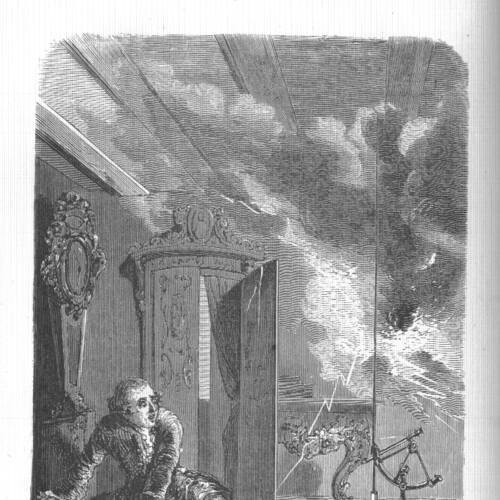
- Occupations
- physicistinventor
- Biography
-
Georg Wilhelm Richmann was a Russian physicist of Baltic German origin who did pioneering work on electricity, atmospheric electricity, and calorimetry. He died by electrocution in St. Petersburg when struck by apparent ball lightning produced by an experiment attempting to ground the electrical discharge from a storm.
-
Karl Christian Friedrich Krause
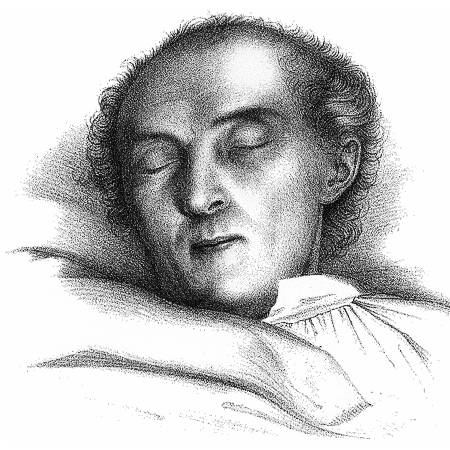
- Occupations
- writeruniversity teacherphilosopher
- Biography
-
Karl Christian Friedrich Krause was a German philosopher whose doctrines became known as Krausism. Krausism, when considered in its totality as a complete, stand-alone philosophical system, had only a small following in Germany, France, and Belgium, in contradistinction to certain other philosophical systems (such as Hegelianism) that had a much larger following in Europe at that time. However, Krausism became very popular and influential in Restoration Spain not as a complete, comprehensive philosophical system per se, but as a broad cultural movement. In Spain, Krausism was known as "Krausismo", and Krausists were known as "Krausistas". Outside of Spain, the Spanish Krausist cultural movement was referred to as Spanish Krausism.
-
Johann Wilhelm Ritter
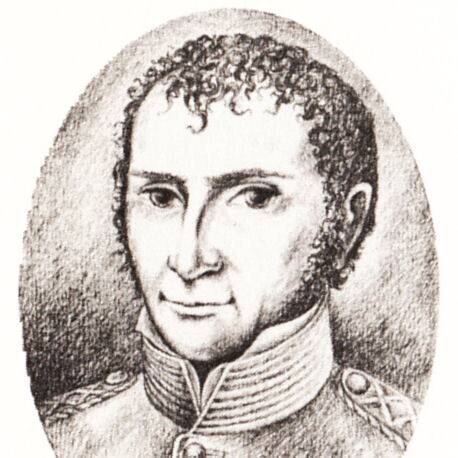
- Occupations
- physicistuniversity teacherchemist
- Biography
-
Johann Wilhelm Ritter was a German chemist, physicist and philosopher. He was born in Samitz (Zamienice) near Haynau (Chojnów) in Silesia (then part of Prussia, since 1945 in Poland), and died in Munich.
-
Walter Eucken
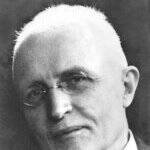
- Occupations
- resistance fightereconomist
- Biography
-
Walter Eucken was a German economist of the Freiburg school and father of ordoliberalism. He is closely linked with the development of the concept of "social market economy".
-
Karl Korsch
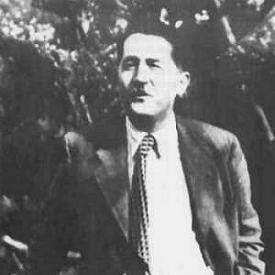
- Occupations
- essayistuniversity teacherpoliticianphilosopherjurist
- Biography
-
Karl Korsch was a German Marxist theoretician and political philosopher. He is recognized as one of the "dissidents" that challenged the Marxism of the Second International of Karl Kautsky, Georgi Plekhanov and Lenin. Along with György Lukács, Korsch is considered to be one of the major figures responsible for laying the groundwork for Western Marxism in the 1920s.
-
Alfred Brehm
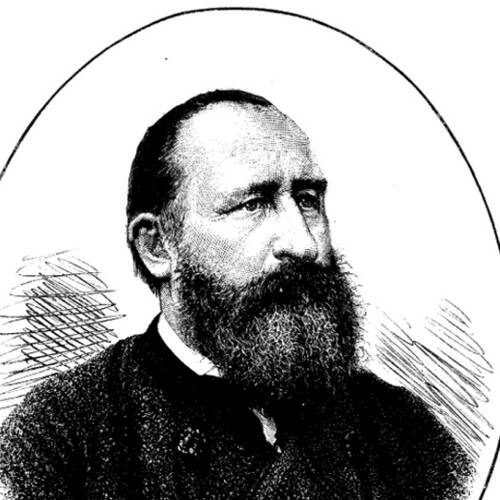
- Occupations
- ornithologistzoologistnaturalistpainterwriter
- Biography
-
Alfred Edmund Brehm was a German zoologist, writer, director of zoological gardens and the son of Christian Ludwig Brehm, a famous pastor and ornithologist. His multi-volume book Brehms Tierleben, which he co-authored with Eduard Pechuël-Loesche, Wilhelm Haacke, and Richard Schmidtlein, became a household word for popular zoological literature.
-
Paul Johann Anselm Ritter von Feuerbach
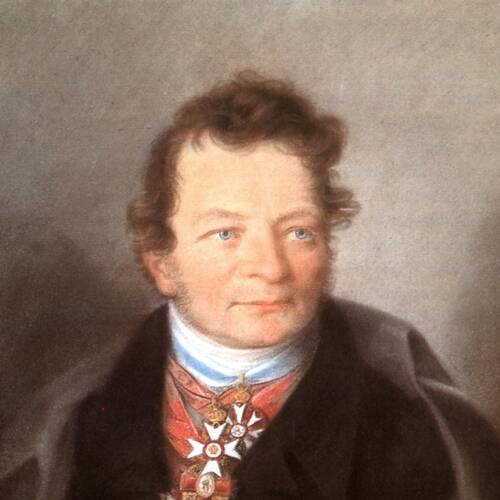
- Occupations
- legal scholarjuristwriteruniversity teacherphilosopher
- Biography
-
Paul Johann Anselm Ritter von Feuerbach was a German legal scholar. His major achievement was a reform of the Bavarian penal code which led to the abolition of torture and became a model for several other countries. He is also well known for his research on Kaspar Hauser, who died the same year as Feuerbach.
-
Bruno Beger
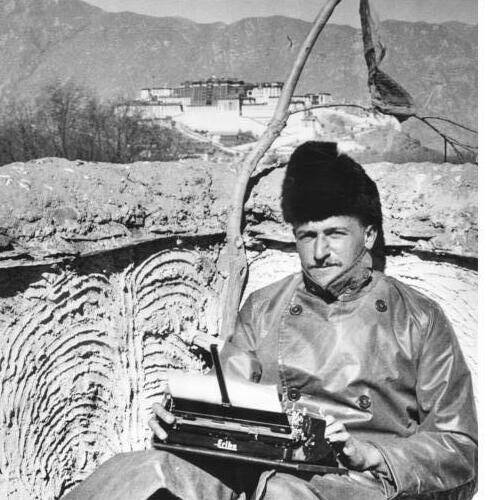
- Occupations
- anthropologistracial theoristexplorer
- Biography
-
Bruno Beger was a German racial anthropologist, ethnologist, and explorer who worked for the Ahnenerbe. In that role he participated in Ernst Schäfer's 1938–1939 expedition to Tibet, helped the SS Race and Settlement Main Office (Rasse- und Siedlungshauptamt der SS, RuSHA) identify Jews, and later helped select human subjects to be killed to create an anatomical study collection of Jewish skulls.
-
Pavel Jozef Šafárik
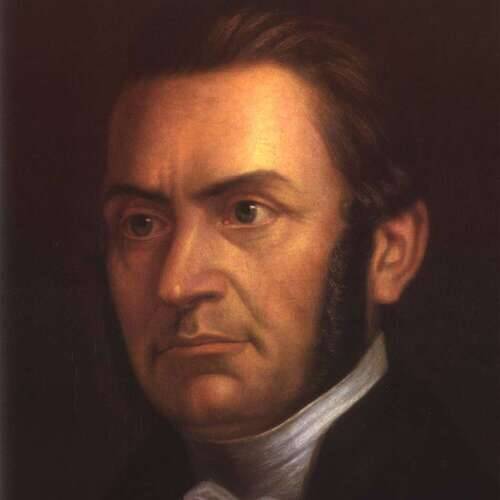
- Occupations
- philosopherhistorianpoetuniversity teacherjournalist
- Biography
-
Pavel Jozef Šafárik was an ethnic Slovak philologist, poet, literary historian, historian and ethnographer in the Kingdom of Hungary. He was one of the first scientific Slavists.
-
Wilhelm Windelband
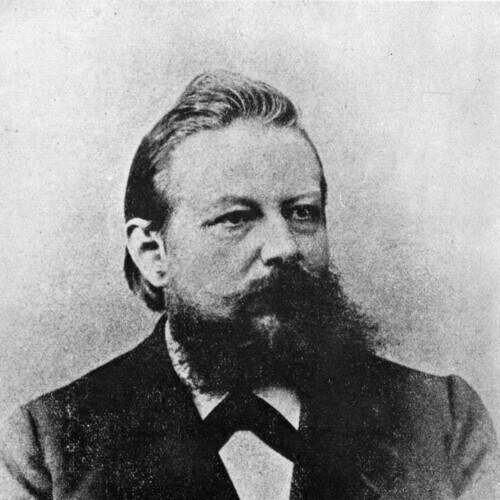
- Occupations
- philosopheruniversity teacherhistorian
- Biography
-
Wilhelm Windelband was a German philosopher of the Baden School.
-
Herbert Kroemer
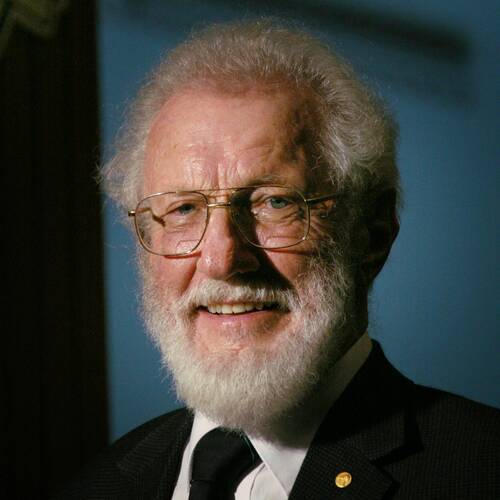
- Occupations
- physicistuniversity teacher
- Biography
-
Herbert Kroemer was a German-American physicist who, along with Zhores Alferov, received the Nobel Prize in Physics in 2000 for "developing semiconductor heterostructures used in high-speed- and opto-electronics". Kroemer was professor emeritus of electrical and computer engineering at the University of California, Santa Barbara, having received his Ph.D. in theoretical physics in 1952 from the University of Göttingen, Germany, with a dissertation on hot electron effects in the then-new transistor. His research into transistors was a stepping stone to the later development of mobile phone technologies.
-
Lorenz von Stein
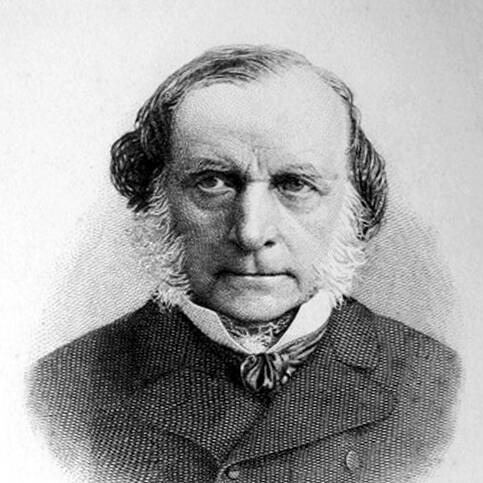
- Occupations
- university teachereconomistlawyersociologist
- Biography
-
Lorenz von Stein was a German economist, sociologist, and public administration scholar from Eckernförde. As an advisor to Meiji period Japan, his liberal political views influenced the wording of the Constitution of the Empire of Japan as well as major constitutional thinkers such as Rudolf von Gneist.
-
Ernst II, Duke of Saxe-Altenburg
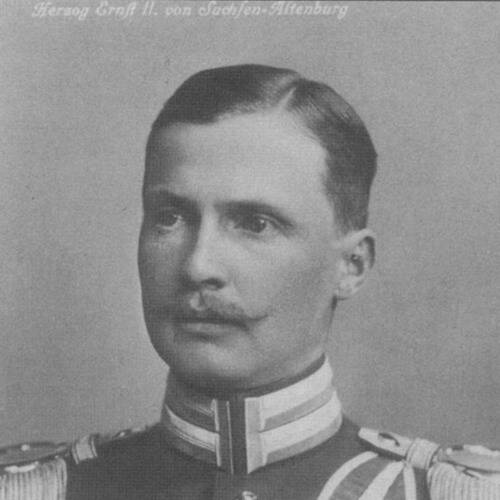
- Occupations
- military personnel
- Biography
-
Ernst II was the last reigning duke of Saxe-Altenburg and a German general active during World War I.
-
Paul Langerhans
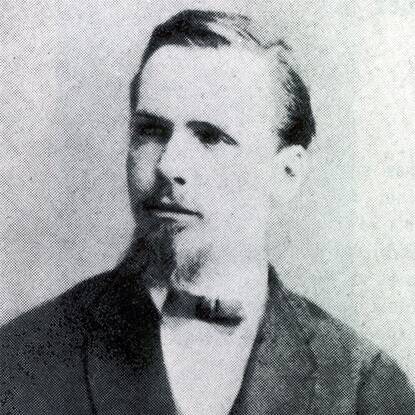
- Occupations
- physiologistbiologistpathologist
- Biography
-
Paul Langerhans was a German pathologist, physiologist and biologist, credited with the discovery of the cells that secrete insulin, named after him as the islets of Langerhans.
-
Heinrich Friedrich Weber
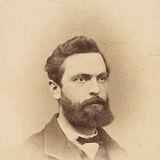
- Occupations
- physicistuniversity teacher
- Biography
-
Heinrich Friedrich Weber was a physicist born in the town of Magdala, near Weimar.
-
Alexander Svanidze
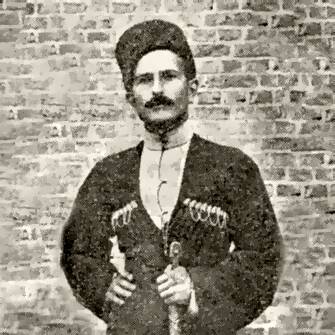
- Occupations
- writertranslatorhistorianpolitician
- Biography
-
Alexander Semyonovich "Alyosha" Svanidze was a Georgian Old Bolshevik, politician and historian. He was a personal friend of Joseph Stalin and a brother of Stalin's first wife Kato. Nevertheless, he was arrested during the Great Purge in 1937 and he was shot in prison in 1941.
-
Paul Friedrich I, Grand Duke of Mecklenburg-Schwerin
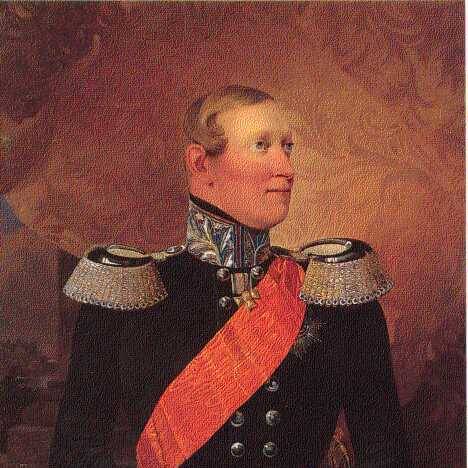
- Occupations
- sovereign
- Biography
-
Paul Friedrich ruled as Grand Duke of Mecklenburg-Schwerin from 1837 to 1842.
-
Christine Lieberknecht
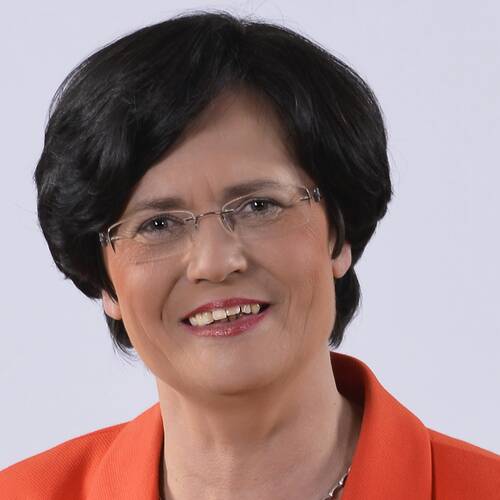
- Occupations
- politicianpastor
- Biography
-
Christine Lieberknecht is a German politician of the Christian Democratic Union (CDU). From 2009 to 2014, she served as the Minister President of Thuringia. Lieberknecht was the first woman to become head of government in Thuringia and only the second woman to govern a German state.
-
Hans Carl von Carlowitz
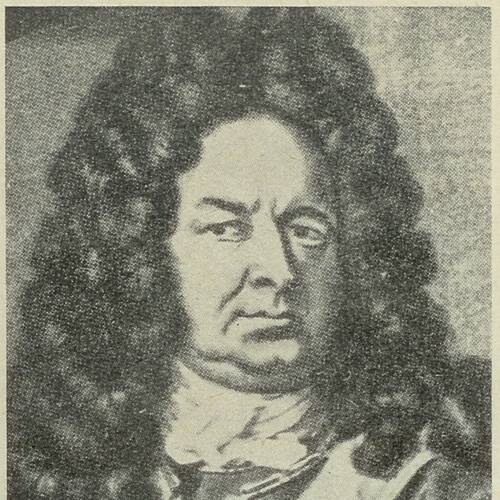
- Occupations
- essayistmineralogistadministratorforestereconomist
- Biography
-
Hans Carl von Carlowitz or Hannß Carl von Carlowitz, was a Saxon tax accountant and mining administrator. His book Sylvicultura oeconomica, oder haußwirthliche Nachricht und Naturmäßige Anweisung zur wilden Baum-Zucht (1713) was the first comprehensive treatise about forestry. He approached forestry from the fears of a shortage of wood needed for the mining industry. He coined the term Nachhaltigkeit, now translated as "sustainable" while referring to the use of forests and is considered to be the father of sustainable yield forestry.
-
Ingo Schulze
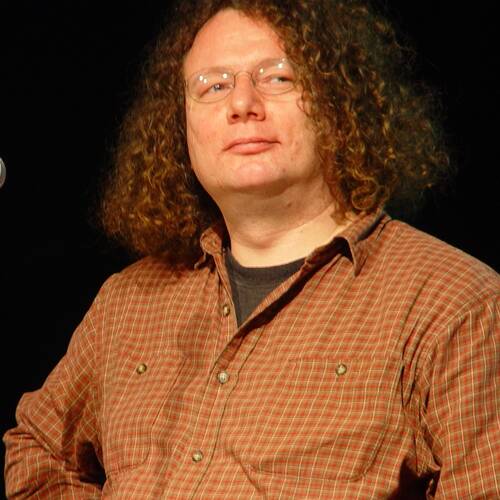
- Occupations
- dramaturgenovelistwriterjournalistplaywright
- Biography
-
Ingo Schulze is a German writer born in Dresden in former East Germany. He studied classical philology at the University of Jena for five years, and, until German reunification, was an assistant director (dramatic arts advisor) at the State Theatre in Altenburg 45 km south of Leipzig for two years. After sleeping through the events of the night of 9 November 1989, Schulze started a newspaper with friends. He was encouraged to write. Schulze spent six months in St Petersburg which became the basis for his debut collection of short stories 33 Moments of Happiness (1995).
-
Adolf Bastian
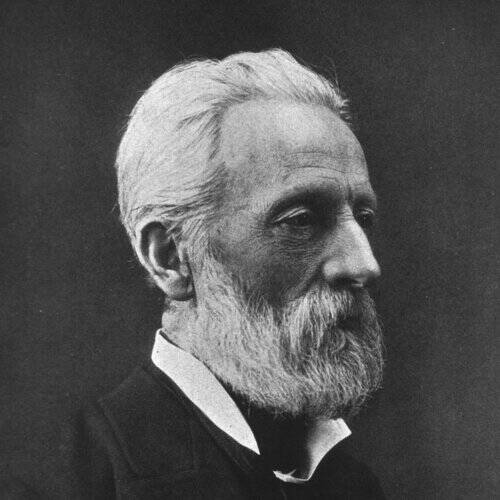
- Occupations
- psychologistexploreruniversity teacherwriteranthropologist
- Biography
-
Adolf Philipp Wilhelm Bastian was a 19th-century polymath remembered best for his contributions to the development of ethnography and the development of anthropology as a discipline. His theory of the Elementargedanke resulted in Carl Jung's development of the theory of archetypes. His ideas influenced the "father of American anthropology" Franz Boas and comparative mythologist Joseph Campbell.
-
Bernard of Saxe-Weimar
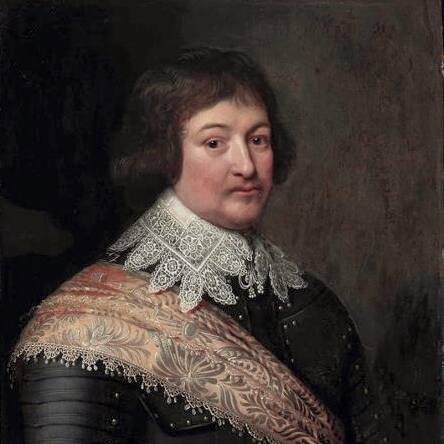
- Occupations
- military officer
- Biography
-
Bernard of Saxe-Weimar was a German prince and general in the Thirty Years' War.
-
Heinrich Graetz
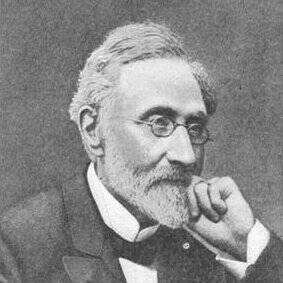
- Occupations
- university teachertheologianhistorianphilologistrabbi
- Biography
-
Heinrich Graetz was a German exegete and one of the first historians to write a comprehensive history of the Jewish people from a Jewish perspective.
-
Christoph Wilhelm Hufeland
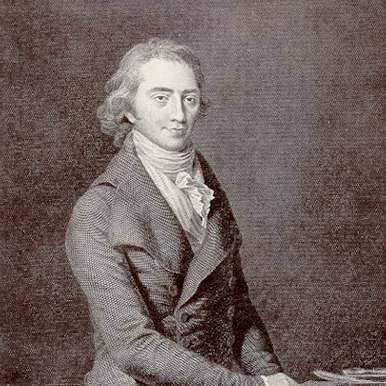
- Occupations
- physicianchief physicianuniversity teacher
- Biography
-
Christoph Wilhelm Friedrich Hufeland was a German physician, naturopath and writer. He is famous as the most eminent practical physician of his time in Germany and as the author of numerous works displaying extensive reading and a cultivated critical faculty.
-
Eugen Rochko
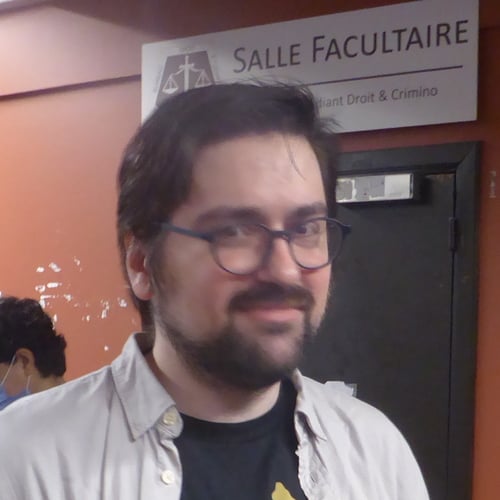
- Occupations
- programmersoftware developer
- Biography
-
Eugen Rochko is a German software developer, best known as the creator of Mastodon, a decentralized open-source social networking platform consisting of a large number of independently run nodes, known as instances, each with its own code of conduct, terms of service, privacy policy, privacy options, and moderation policies.
-
Carl Duisberg
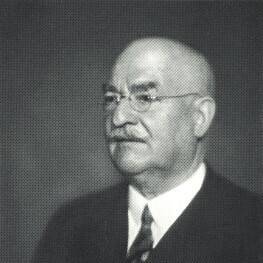
- Occupations
- engineerindustrialistchemist
- Biography
-
Friedrich Carl Duisberg was a German chemist and industrialist.
-
Hermann Samuel Reimarus
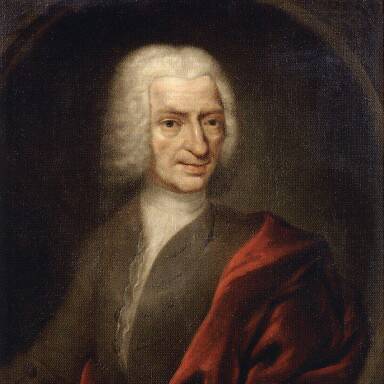
- Occupations
- university teachertheologianwriterphilosopher
- Biography
-
Hermann Samuel Reimarus, was a German philosopher and writer of the Enlightenment who is remembered for his Deism, the doctrine that human reason can arrive at a knowledge of God and ethics from a study of nature and our own internal reality, thus eliminating the need for religions based on revelation. He denied the supernatural origin of Christianity, and was the first influential critic to investigate the historical Jesus. According to Reimarus, Jesus was a mortal Jewish prophet, and the apostles founded Christianity as a religion separate from Jesus’ own ministry.
-
Grigore Antipa
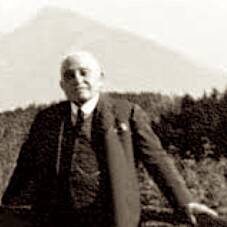
- Occupations
- zoologistichthyologistbiologist
- Biography
-
Grigore Antipa was a Romanian naturalist, zoologist, ichthyologist, ecologist, oceanologist, Darwinist biologist who studied the fauna of the Danube Delta and the Black Sea. Between 1892 and 1944 he was the director of the Bucharest Natural History Museum, which now bears his name. He is also considered to be the first person to modernize the diorama by emphasizing the three-dimensional aspect and first to use dioramas in a museum setting. He is the scientist who reorganized the Grigore Antipa National Museum of Natural History in the new building that today bears his name, designed by the architect Grigore Cerchez, built in 1906 and inaugurated by Carol I of Romania in 1908. He was elected as member of the Romanian Academy in 1910 and was also a member of several foreign academies. Grigore Antipa founded a school of hydrobiology and ichthyology in Romania.
-
Francis Daniel Pastorius
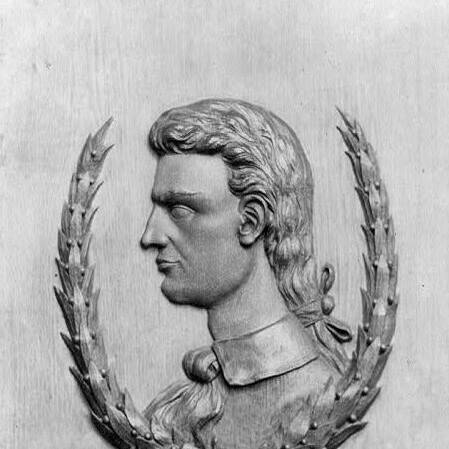
- Occupations
- abolitionistpoliticianwriterpoet lawyer
- Biography
-
Francis Daniel Pastorius was a German-born educator, lawyer, poet, and public official. He was the founder of Germantown, Pennsylvania, now part of Philadelphia, the first permanent German-American settlement and the gateway for subsequent emigrants from Germany.
-
Otto Schott
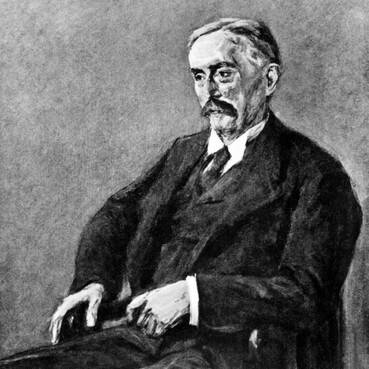
- Occupations
- inventorchemistglassmaker
- Biography
-
Friedrich Otto Schott was a German chemist, glass technologist, and the inventor of borosilicate glass. Schott systematically investigated the relationship between the chemical composition of the glass and its properties. In this way, he solved fundamental problems in glass properties, identifying compositions with optical properties that approach the theoretical limit. Schott's findings were a major advance in the optics for microscopy and optical astronomy. His work has been described as "a watershed in the history of glass composition".
-
Wilhelm Heinrich Solf
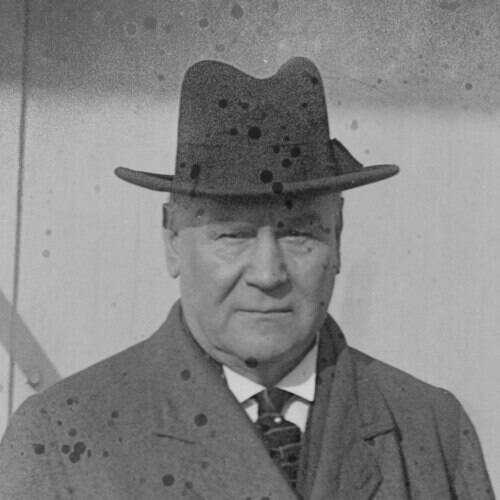
- Occupations
- physicianorientalistpoliticiandiplomatjurist
- Biography
-
Wilhelm Heinrich Solf was a German scholar, diplomat, jurist and statesman.
-
Eduard Strasburger
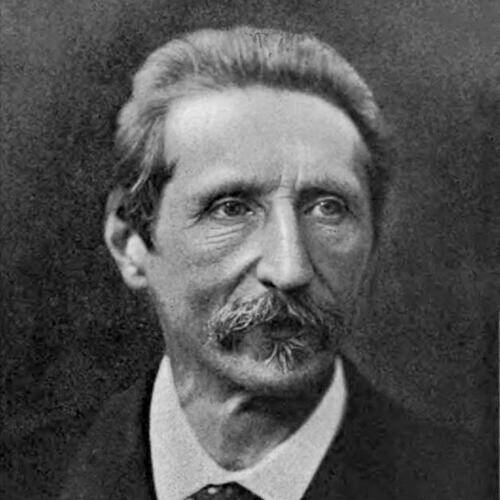
- Occupations
- university teacherplant cell biologistbotanist
- Biography
-
Eduard Adolf Strasburger was a Polish-German professor and one of the most famous botanists of the 19th century. He discovered mitosis in plants.
-
Hans Gerhard Creutzfeldt
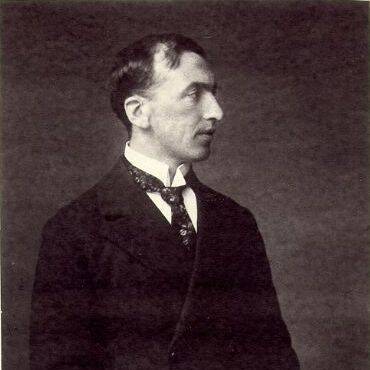
- Occupations
- judgeneuropathologistneurologistpsychiatristuniversity teacher
- Biography
-
Hans Gerhard Creutzfeldt was a German neurologist and neuropathologist. Although he is typically credited as the physician to first describe the Creutzfeldt–Jakob disease, this has been disputed. He was born in Harburg an der Elbe and died in Munich.
-
Jürgen Fuchs
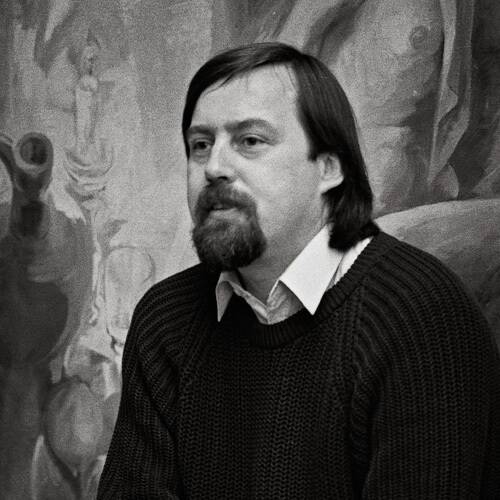
- Enrolled in the Friedrich Schiller University of Jena
- In 1971 studied social psychology
- Occupations
- psychologistwriterplaywrightpoet
- Biography
-
Jürgen Fuchs was an East German writer and dissident.
-
Franz Ernst Neumann
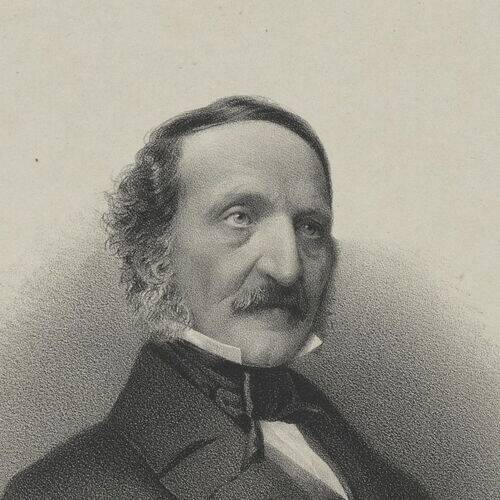
- Enrolled in the Friedrich Schiller University of Jena
- Studied natural science and mathematics
- Occupations
- physicistmilitary volunteeruniversity teachercrystallographermathematician
- Biography
-
Franz Ernst Neumann was a German mineralogist and physicist. He devised the first formulas to calculate inductance. He also formulated Neumann's law for molecular heat. In electromagnetism, he is credited for introducing the magnetic vector potential.
-
Georg Ebers
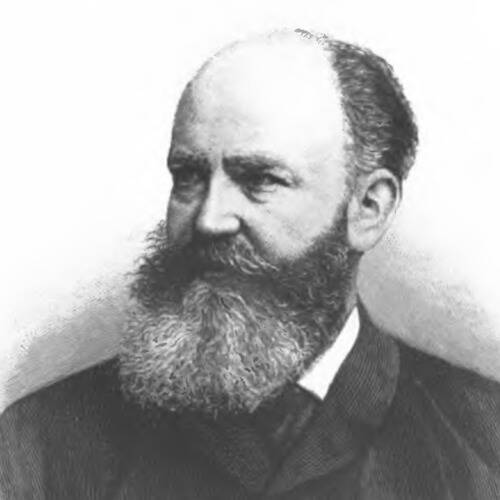
- Occupations
- university teacheregyptologistwriterorientalist
- Biography
-
Georg Moritz Ebers was a German Egyptologist and novelist. He is best known for his purchase of the Ebers Papyrus, one of the oldest Egyptian medical documents in the world.
-
Heinrich von Gagern
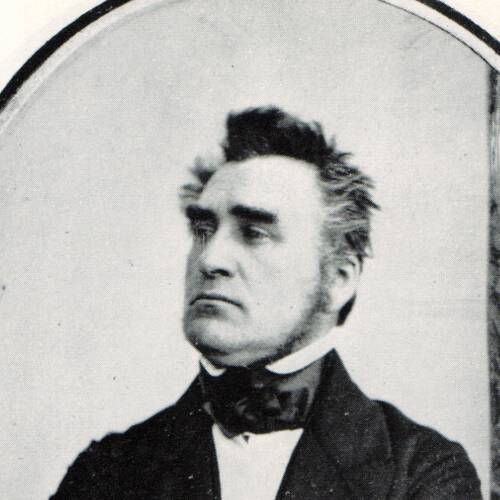
- Occupations
- military personnelpolitician
- Biography
-
Heinrich Wilhelm August Freiherr von Gagern was a statesman who argued for the unification of Germany.
-
Wilhelm Roux
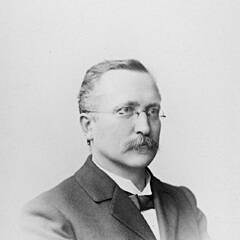
- Occupations
- anatomistzoologistbiologistuniversity teacher
- Biography
-
Wilhelm Roux was a German zoologist and pioneer of experimental embryology.
-
Johann Karl August Musäus
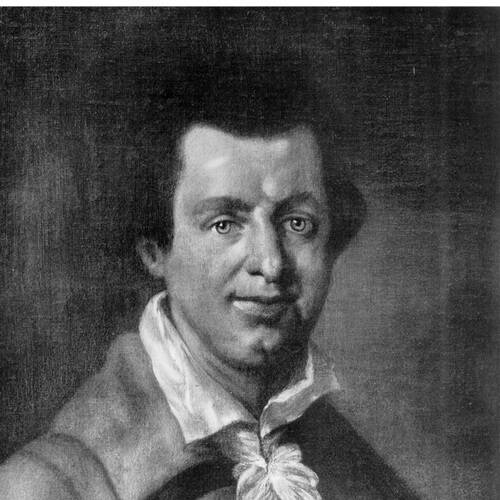
- Occupations
- children's writercollector of fairy talespoetliterary criticwriter
- Biography
-
Johann Karl August Musäus was a German author. He was one of the first collectors of German folk stories, most celebrated for his Volksmärchen der Deutschen (1782–1787), a collection of German fairy tales retold as satires.
-
Karl Leonhard Reinhold
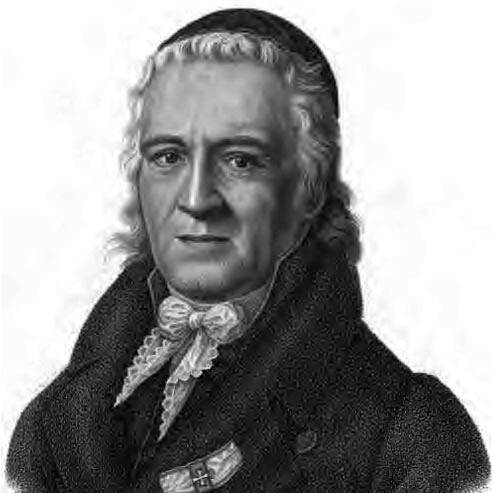
- Occupations
- university teacherphilosopher
- Biography
-
Karl Leonhard Reinhold was an Austrian philosopher who helped to popularise the work of Immanuel Kant in the late 18th century. His "elementary philosophy" (Elementarphilosophie) also influenced German idealism, notably Johann Gottlieb Fichte, as a critical system grounded in a fundamental first principle.
-
Hanns Seidel
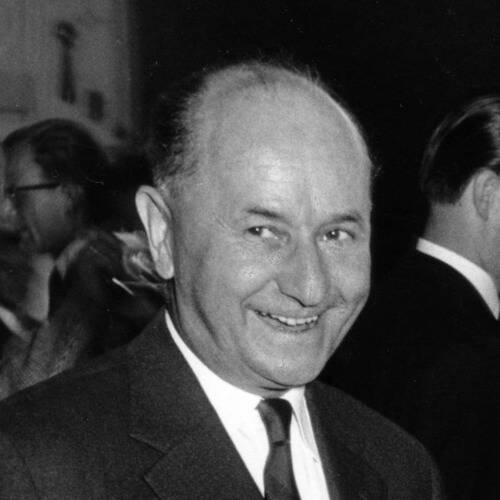
- Occupations
- lawyerpolitician
- Biography
-
Franz Wendelin "Hanns" Seidel was a German politician who served as Minister-President of Bavaria from 1957 to 1960. He was a member, and from 1955 to 1961 chairman, of the Christian Social Union of Bavaria.
-
Andreas Libavius
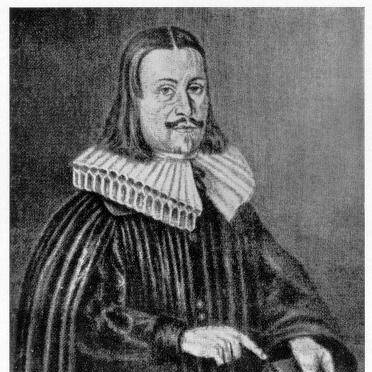
- Occupations
- physicianuniversity teacherchemist
- Biography
-
Andreas Libavius or Andrew Libavius was born in Halle, Germany c. 1550 and died in July 1616. Libavius was a renaissance man who spent time as a professor at the University of Jena teaching history and poetry. After which he became a physician at the Gymnasium in Rothenburg and later founded the Gymnasium at Coburg. Libavius was most known for practicing alchemy and writing a book called Alchemia, one of the first chemistry textbooks ever written.
-
Christian Hirte
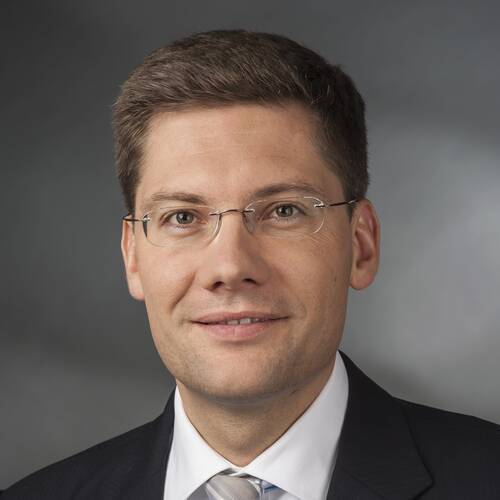
- Enrolled in the Friedrich Schiller University of Jena
- 1995-2001 studied jurisprudence
- Occupations
- lawyerpolitician
- Biography
-
Christian Hirte is a German lawyer and politician of the Christian Democratic Union (CDU) who has been serving as member of the German Bundestag since 2008. From 2020 to 2022, he has been the chairman of the CDU in Thuringia and co-deputy Chairman since then.
-
Arnold Ruge
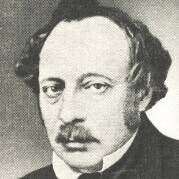
- Occupations
- politicianjournalistautobiographerwritertranslator
- Biography
-
Arnold Ruge was a German philosopher and political writer. He was the older brother of Ludwig Ruge.
-
Karl Gutzkow
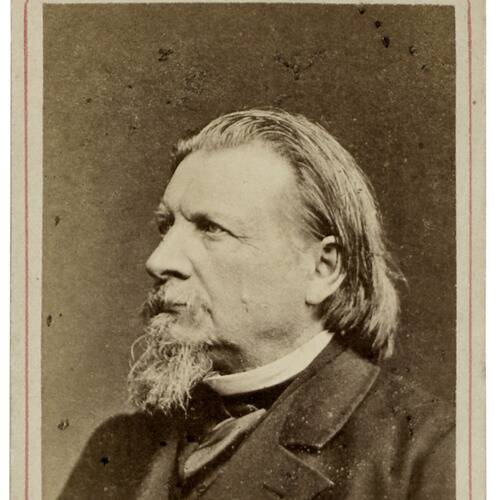
- Occupations
- literary criticnovelistwriterjournalistplaywright
- Biography
-
Karl Ferdinand Gutzkow was a German writer notable in the Young Germany movement of the mid-19th century.
-
Jost Winteler
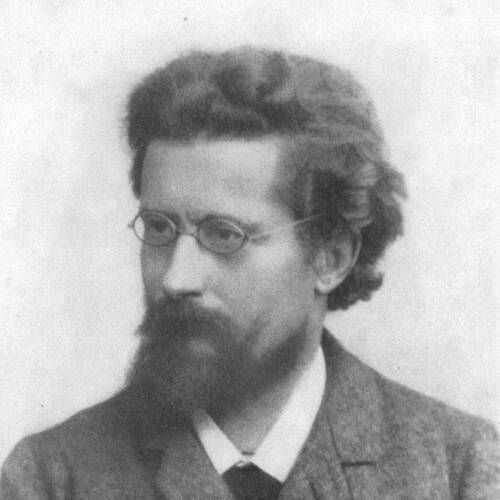
- Occupations
- linguist
- Biography
-
Jost Winteler was a Swiss professor of Greek and history at the Kantonsschule Aarau (today called the Old Cantonal School Aarau), a linguist, a "noted" philologist, an ornithologist, a journalist, and a published poet. He served as both a mentor and father figure to a teenage Albert Einstein, who boarded at his home from October 1895 to October 1896, while he attended his final year of secondary school.
-
Levon Shant
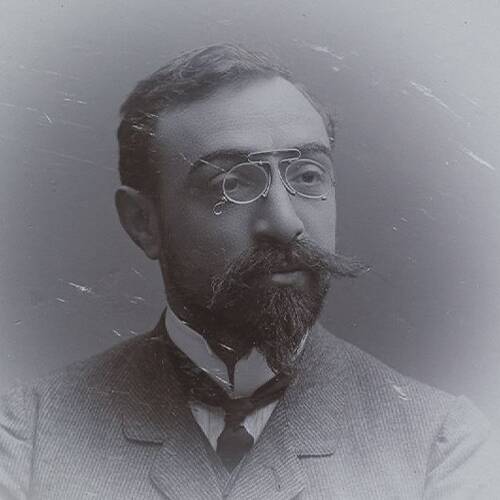
- Occupations
- writerpublic figureteacher
- Biography
-
Levon Shant was an Armenian playwright, novelist, poet and founder of the Hamazkayin Armenian Educational and Cultural Society.
-
Ernest I, Duke of Saxe-Altenburg
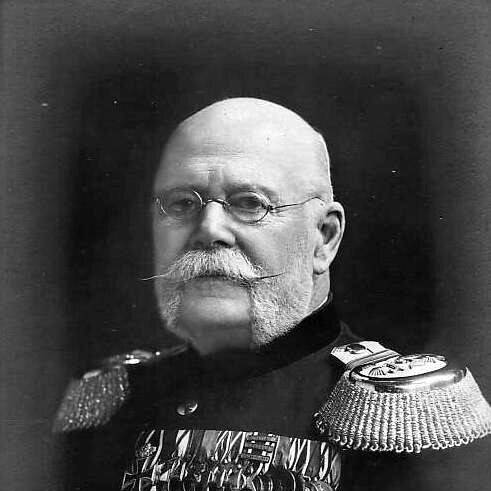
- Occupations
- aristocrat
- Biography
-
Ernst I, Duke of Saxe-Altenburg, was a duke of Saxe-Altenburg. He was the first son of Georg, Duke of Saxe-Altenburg and Marie Luise of Mecklenburg-Schwerin. In 1853, he succeeded his father as Duke of Saxe-Altenburg. He was of a retiring disposition and he took little active part in running the country. After a reign that lasted 55 years, he died without a living direct male heir; because of this, he was succeeded by his nephew, Ernst.
-
Christoph Cellarius
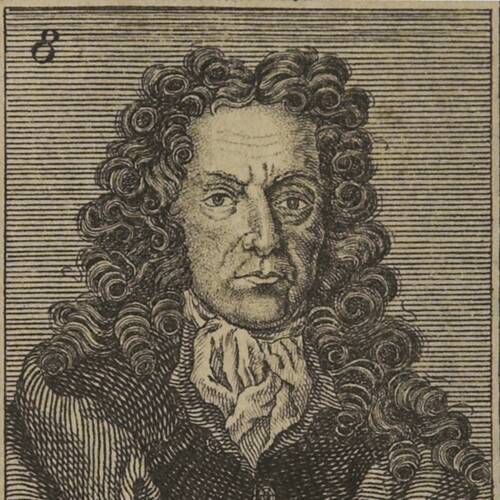
- Occupations
- historianpedagogueclassical scholarorientalistuniversity teacher
- Biography
-
Christoph Cellarius (22 November 1638 – 4 June 1707) was a German classical scholar from Schmalkalden who held positions in Weimar and Halle. Although the Ancient-Medieval-Modern division of history was used earlier by Italian Renaissance scholars Leonardo Bruni and Flavio Biondo, Cellarius' Universal History Divided into an Ancient, Medieval, and New Period helped popularize it. After him, this tripartite division became standard.
-
Garlieb Merkel
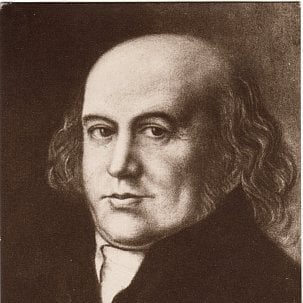
- Occupations
- opinion journalistjournalistliterary criticwriterpolitical activist
- Biography
-
Garlieb Helwig Merkel was a Baltic German writer and activist and an early Estophile and Lettophile.












